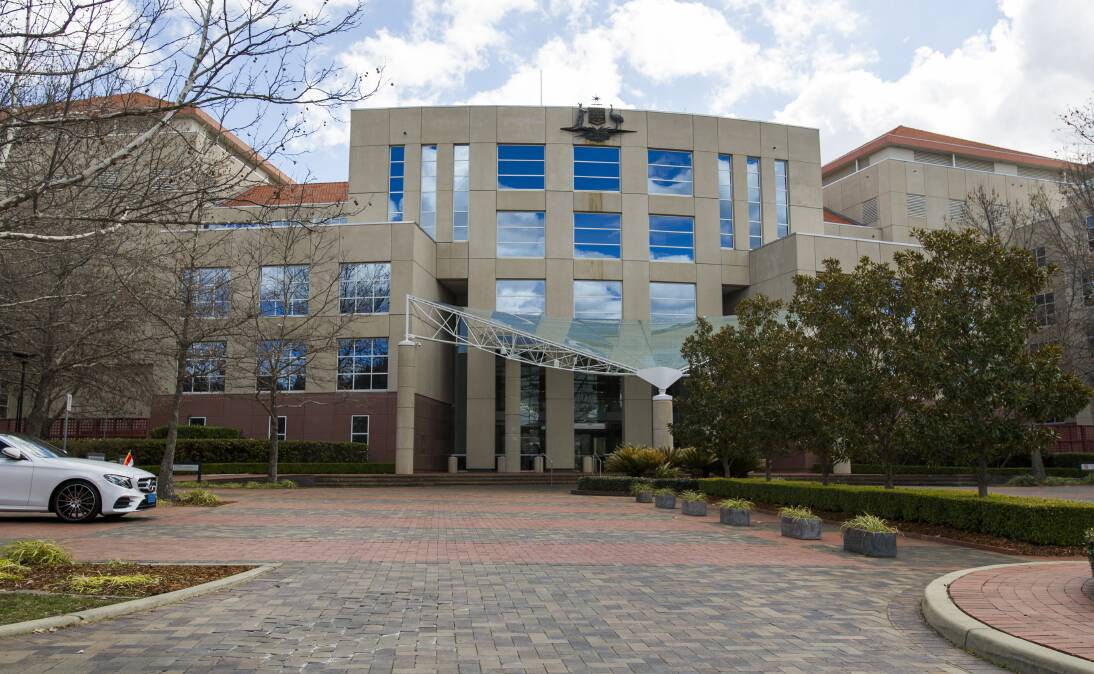
The prestigious Foreign Affairs graduate program will be cut down to a year, prompting concerns some graduates might miss out on expected overseas postings.
The change is expected to cause further strain on this year's graduates who will need to compete against another cohort for highly sought-after overseas postings upon completion.
The Department of Foreign Affairs and Trade 2022 graduate cohort has already experienced significant changes after the entire intake were sent to work in the passport office to combat long wait times caused by record demand.
The main public sector union has said graduate members raised concerns about the "organisational crisis", which has led to excessive work hours and unreasonable pressure.
This year's cohort will finish their program at the end of 2023 alongside the restructured 2023 graduate intake, meaning both will apply for the same posting opportunities.
The 2023 intake will also have less rotations as the position advertised for three, while the 2022 group were given four rotations.
A DFAT spokesperson said the program was an "ongoing investment" and neither group would be disadvantaged.
"The arrangements for the 2023 cohort do not impact current graduates in the department who will continue through their existing program," the spokesperson said.
The department's reasoning for this decision is it would "align [the program] with arrangements that commonly exist across the broader Australian Public Service".
"This change will make the department more competitive in attracting and retaining graduates," the spokesperson said.
The 2022 graduate program attracted 2051 applicants in the first round last year.
Both the 2022 and 2023 program were advertised to offer training at their "diplomatic academy" and getting "first-hand experience" across the rotations.
However, since graduates were deployed to the passport office, The Canberra Times understands the matter has been taken to the main public sector union, Community and Public Sector Union.
Deputy national secretary Beth Vincent-Pietsch said the CPSU had been "continuing to raise serious concerns with DFAT about the organisation crisis in the passport office".
"CPSU graduate members have ... raised concerns about being deployed out of their graduate year to assist with this crisis," she said.
"Members have [also] raised serious concerns about the poor communication of staffing decisions and inadequate planning for surging demands, unreasonable pressure from management and excessive work hours."
The passport office has been receiving anywhere from 13,000 to 17,000 applications per day, up from the usual 7000 to 9000, meaning wait times can be up to six weeks.
"It is essential that DFAT put together a comprehensive plan to address the service delivery crisis and employ a highly skilled permanent workforce that can deliver the essential passport services our community needs," Ms Vincent-Pietsch said.
We've made it a whole lot easier for you to have your say. Our new comment platform requires only one log-in to access articles and to join the discussion on The Canberra Times website. Find out how to register so you can enjoy civil, friendly and engaging discussions. See our moderation policy here.







